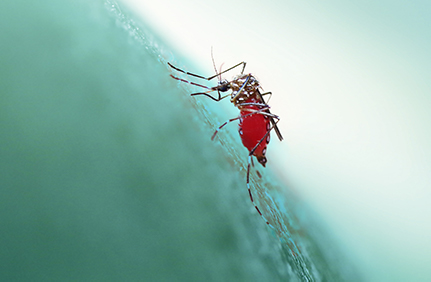Problem Formulation for the Use of Gene Drive Technology in Mosquitoes
-

May 25, 2016-May 27, 2016
7:30 am - 5:30 pmReston, VA, USA
The Agriculture & Food Systems Institute co-organized a workshop with the Foundation for the National Institutes of Health that examined the basic principles of environmental risk assessment, the process of how environmental protection goals are translated into operation endpoints for risk assessment (“problem formulation”), and the application of this process to the use of gene drives for either population modification or population suppression in mosquito vectors. The goals of the workshop were to develop a more informed understanding of plausible risks associated with the use of gene drive strategies to control mosquito-borne diseases, and make recommendations about the research needed to provide better information to address those risks.
Program
The workshop included international experts on the biology of Anopheles mosquitoes, gene drive technology and biosafety regulation from around the world, including Brazil, Burkina Faso, India, Kenya, Mali, Mexico, the Netherlands, United Kingdom, United States, Switzerland and Tanzania. The program included:
Session 1: Scientific Background and Context
- Biology of Anopheles Mosquitoes
- What is Gene Drive?
- Applications of Gene Drive Technology in Malaria Control: Population Suppression
- Applications of Gene Drive Technology in Malaria Control: Population Modification
- Potential Benefits for Malaria Control
Session 2: Introduction to Problem Formulation
- What is Risk Assessment and why do we do it
- Introduction to Problem Formulation
- Problem Formulation Case Example: Aedes aegypti OX513A
- Environmental Protection Goals and Priorities in a Sub Saharan Country
- Case Study Round Robin
